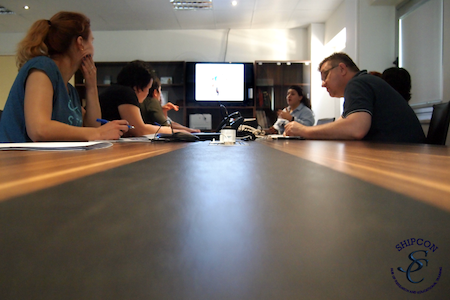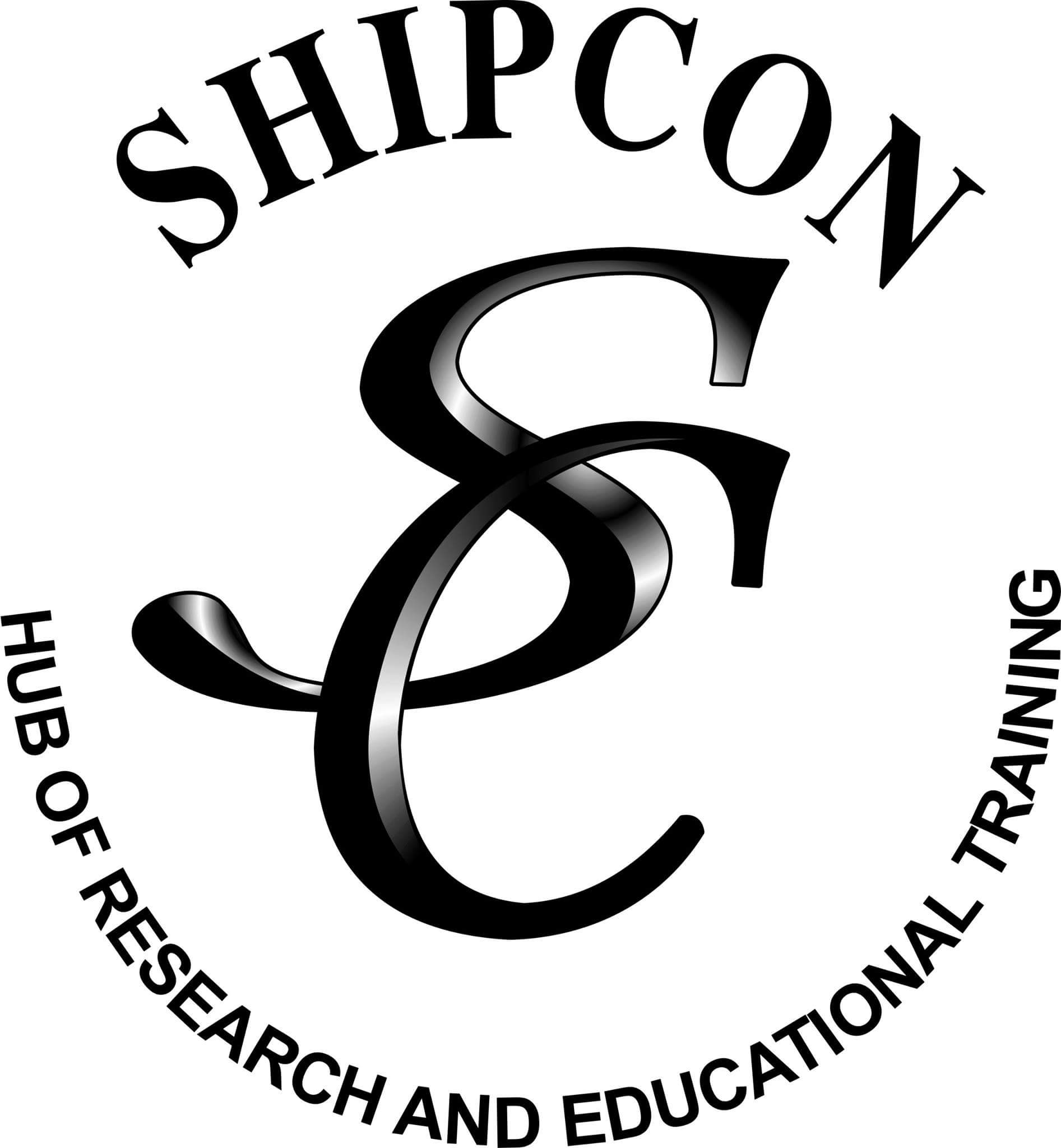Description
Educational establishments leadership & management have become a priority in education policy agendas internationally. This area plays a key role in improving organisational outcomes by influencing the motivations and capacities of staff teams, as well as the climate and environment. Effective organisational leadership is essential to improve the efficiency and equity in Education at all levels.
As countries are seeking to adapt their education systems to the needs of contemporary society, expectations for educational establishments and organisational leaders are changing. Many countries have moved towards decentralisation, making establishments more autonomous in their decision making and holding them more accountable for results. At the same time, the requirement to improve overall student performance while serving more diverse student populations is adding pressure to use more evidence-based practices.
Because of these trends, the function of organisational leadership is now increasingly defined by a demanding set of roles which include financial and human resource management and leadership for learning. There are concerns across countries that the role of leaders as conceived for needs of the past is no longer appropriate. In many countries, they have heavy workloads; many are reaching retirement and it is getting harder to replace them. Potential candidates often hesitate to apply, because of overburdened roles, insufficient preparation and training, limited career prospects and inadequate support and rewards. These developments have made organisational leadership a priority in education systems across the world.
Who to attend?
The course is ideal for:
- School principals & directors (primary & secondary)
- Teachers (primary & secondary)
- Academic staff (tertiary)
- Directors & personnel in International coordination offices (tertiary)
- Goverment officials & all those in charge of educational policy (government, ministry of education)
- Directors/managers (companies/NGOs)
- Leaders
- Trainers (formal & non formal education)
METHODOLOGY OF THE COURSE – ADDED VALUE
The course methodology will ensure the active involvement of the participants in all phases, that is, prior, during and after the delivery of the course. More specifically, upon confirmation that the course will take place, the participants will receive preparatory material (if needed), which will cover all important concepts to be presented during the delivery of the course. The participants will have the opportunity to exchange feedback with the organiser of the course, ShipCon, and the trainer as well as to request any clarification related to the content of the course.
The methodology of the training is based on a combination of three important elements:
- Provision of knowledge required (theory)
- Use of training tools, such as case studies, videos, games, animations & exercises (practice – hands on experience)
- Feedback/reflection (review)
During the delivery of the course, the participants will receive hard copy material, which will cover the content to be presented in all five (5) days of the seminar. The material will be presented in a form of Power Point (PPT) presentations, videos & animations. Moreover, the active involvement and hands on experience of the participants will be secured through various training tools, such as case studies, worksheets, scenarios & exercises. These training tools are necessary to ensure that the theoretical knowledge gained by the participants can be used in real life scenarios; an important aspect & added value for any training course.
At the final day of the course, the participants will have the opportunity to reflect on the information received and the experience gained in the specific field of study. Moreover, the participants and their institutions will be encouraged to be members of ShipCon ‘Network of Excellence’, an international hub and forum for entrepreneurs & innovators to exchange ideas, novel concepts/approaches & best practices in the area of environment and education.
Competences to be acquired by the participant:
- Understand why and how leadership skills are so critical to organisational success
- Identify how to use leadership skills to work more effectively with others, and be able to organise teams to work more effectively together
- To be able to apply effective leadership skills to everyday situations faced by leaders
- Demonstrate how to manage conflict and lead change
- Adapt ways to design the coordination, control, and performance measurement systems to manage an educational organization
- Verify how innovation and change can be facilitated through organisation design
- Understand how managers coordinate different functional areas and systems inside a school establishment and align them with the external environment to enhance overall performance
- Gain knowledge of strategic management tools and frameworks, and apply them to real contexts
- Process diverse managerial information to diagnose strategic issues, evaluate strategic alternatives, and formulate a coherent and actionable strategic plan
CERTIFICATIONS AWARDED
Certificate of attendance & certificate of competence (skills & competences required – Europass CV)
Europass mobility certificates – to be issued by the applicant’s National Authority (NA)
PROGRAMME OF THE TRAINING ACTIVITIES (DAY BY DAY)
Day 1 – Strategic Leadership and Management
Leadership & Management
The vision, the Leader – the Operation
Management vs Leadership
Strategic Leadership
Creating the Vision
Creating an Inspiring Vision of the Future – Strategic Planning / Creative Thinking
Five Key Responsibilities in Educational Leadership
Day 2 – Managing Delivery of the Vision
Departmental Policy – Implementation and influences
Local effectiveness meeting the targets
The importance of Policy and procedure in meeting organisational goal – National. Organisational, Local
Managing resources – i.e. Budget, Staff, Environment, Outcomes
Up – Line communication – identifying variances
Day 3 – Motivating and Inspiring People
Strategic approaches to Communication
Goal setting for teams and individuals
The Team approach to organisational development
Working with Stakeholders
Meeting organisational Standards
Problem solving / decision making
Self – Audit Systems in Government organisations – Measuring Outcomes
Day 4 – Working with organisational and individual Key Performance Indicators and Competences
The Financial impact of Staff management
Managing Performance – related Reward systems
The Team approach
Time Management
Individual Performance Development
Staff supervision / appraisal
Managing workplace stressors
Managing absence.
Day 5 – Strategically Managing the Environment, and planning
Maintaining a positive, healthy and stimulating environment for learning & development
Health and safety
A positive approach to Managing Risk
Planned Maintenance
Resource allocation
Action Planning where do we go from here
Click here for relevant resources on this masterclass course
